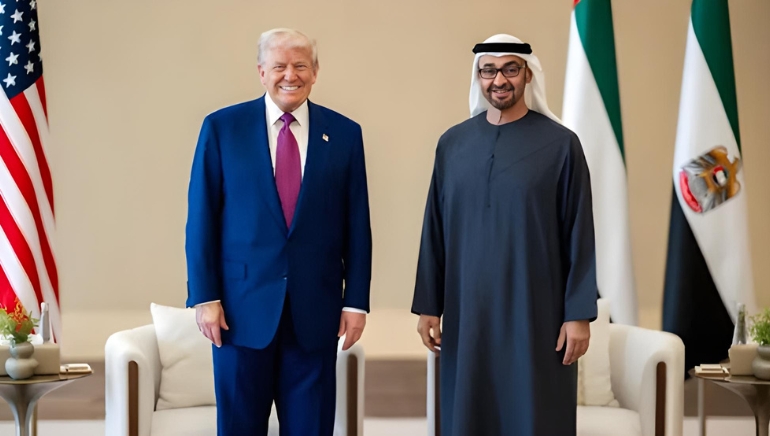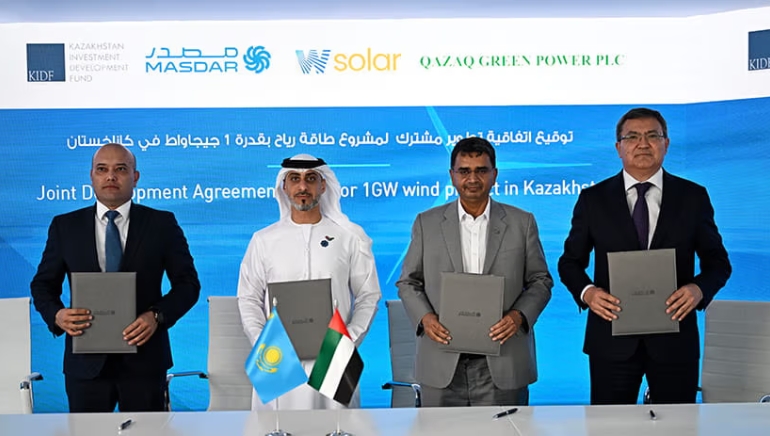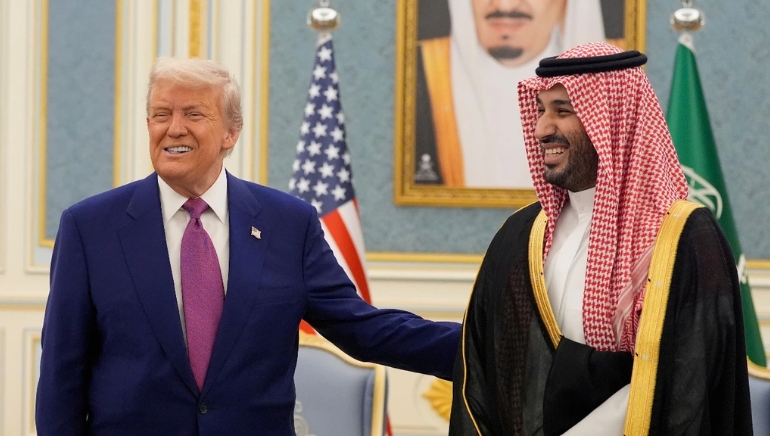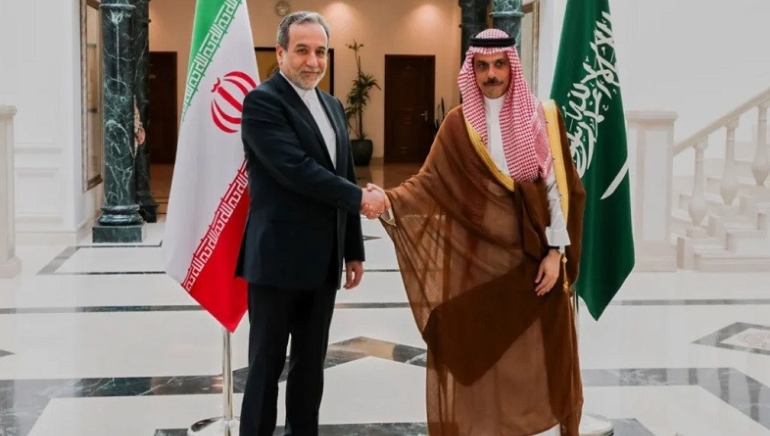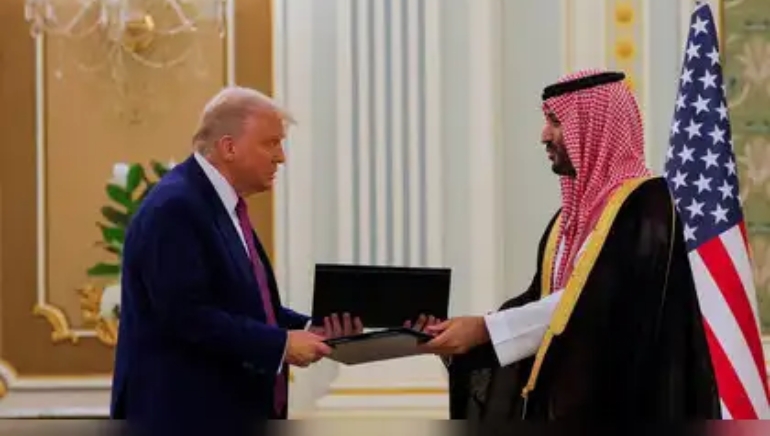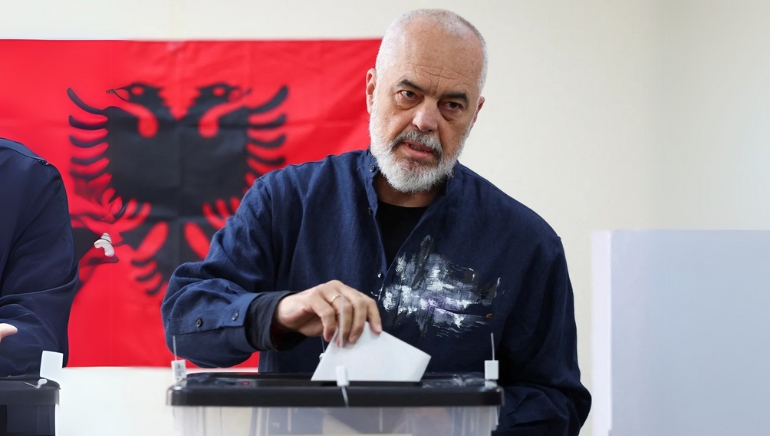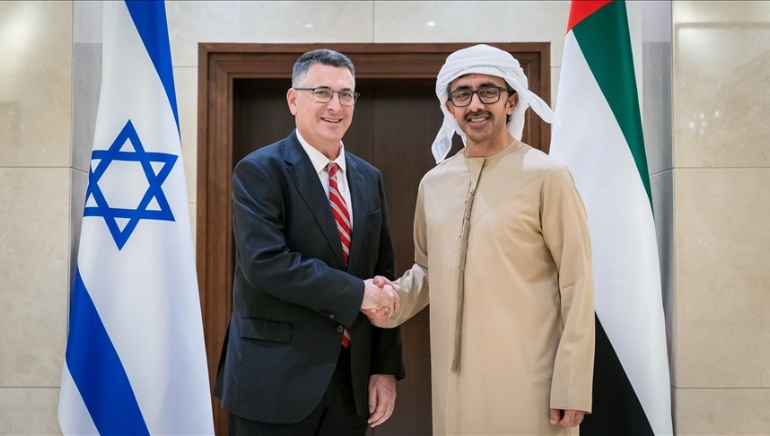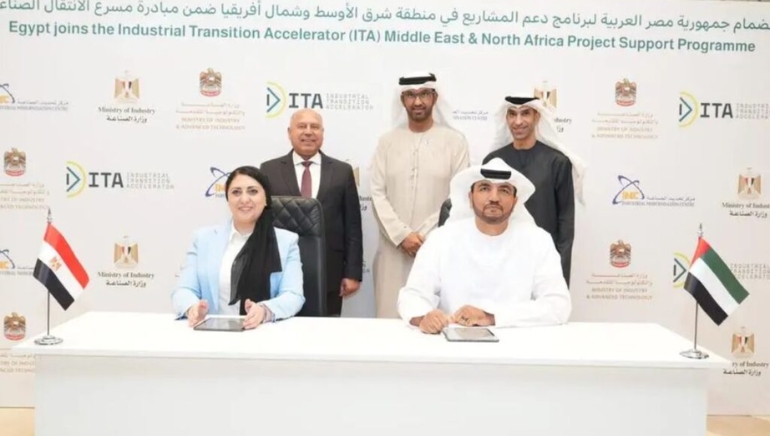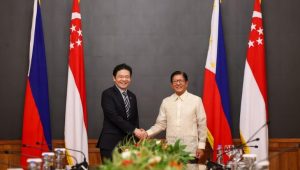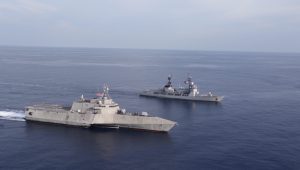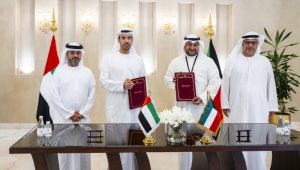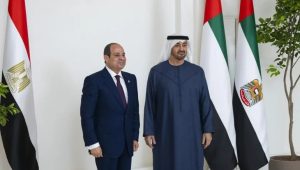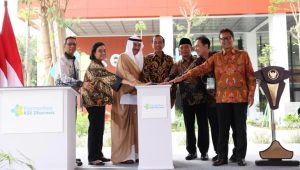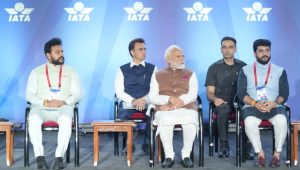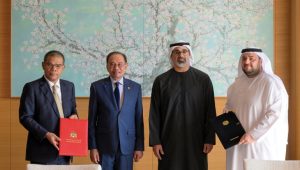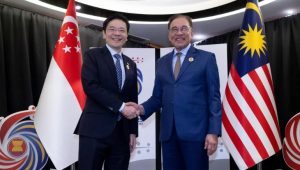The United Arab Emirates and the United States have reached a groundbreaking agreement to build the largest artificial intelligence campus outside of America. The agreement, announced during former President Donald Trump’s visit to Abu Dhabi, marks a major turnaround in US policy, which was previously cautious due to concerns over China’s access to advanced technology.
Although no specifics about Nvidia or other chip suppliers were given, insiders estimate that the UAE could begin importing 500,000 of Nvidia’s top-tier chips per year starting in 2025. The pact includes strong security assurances, with data centres managed by US companies. According to analysts, the proposal revolves around a gigantic 10-square-mile AI campus in Abu Dhabi, which will be powered by 5 gigawatts of electricity, enough to sustain 2.5 million Nvidia B200 chips.
The state-backed G42 will spearhead construction, but American corporations will manage the centres and provide cloud services throughout the region. In addition, companies like Qualcomm and Amazon Web Services are anticipated to participate through AI research, cybersecurity, and local relationships.
The White House stated that the UAE will match its national security regulations with US norms to avoid technological diversion.





